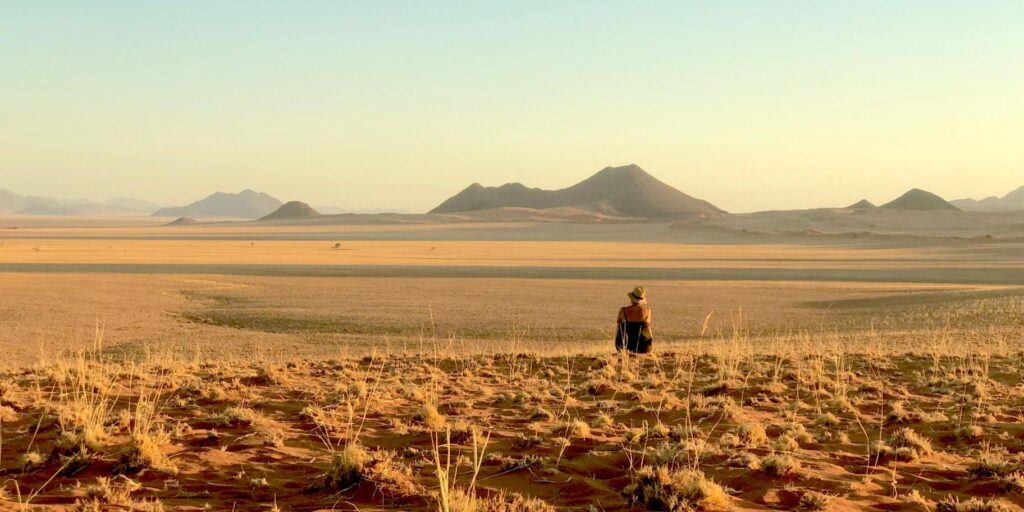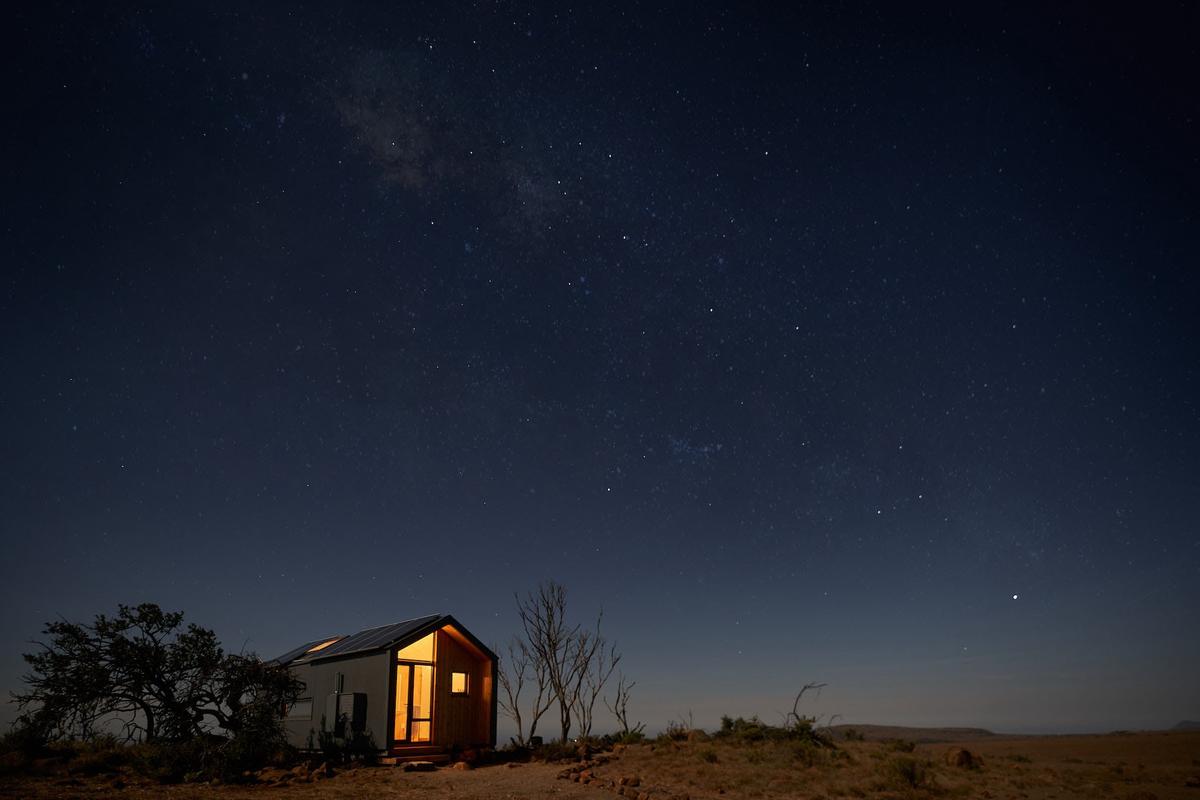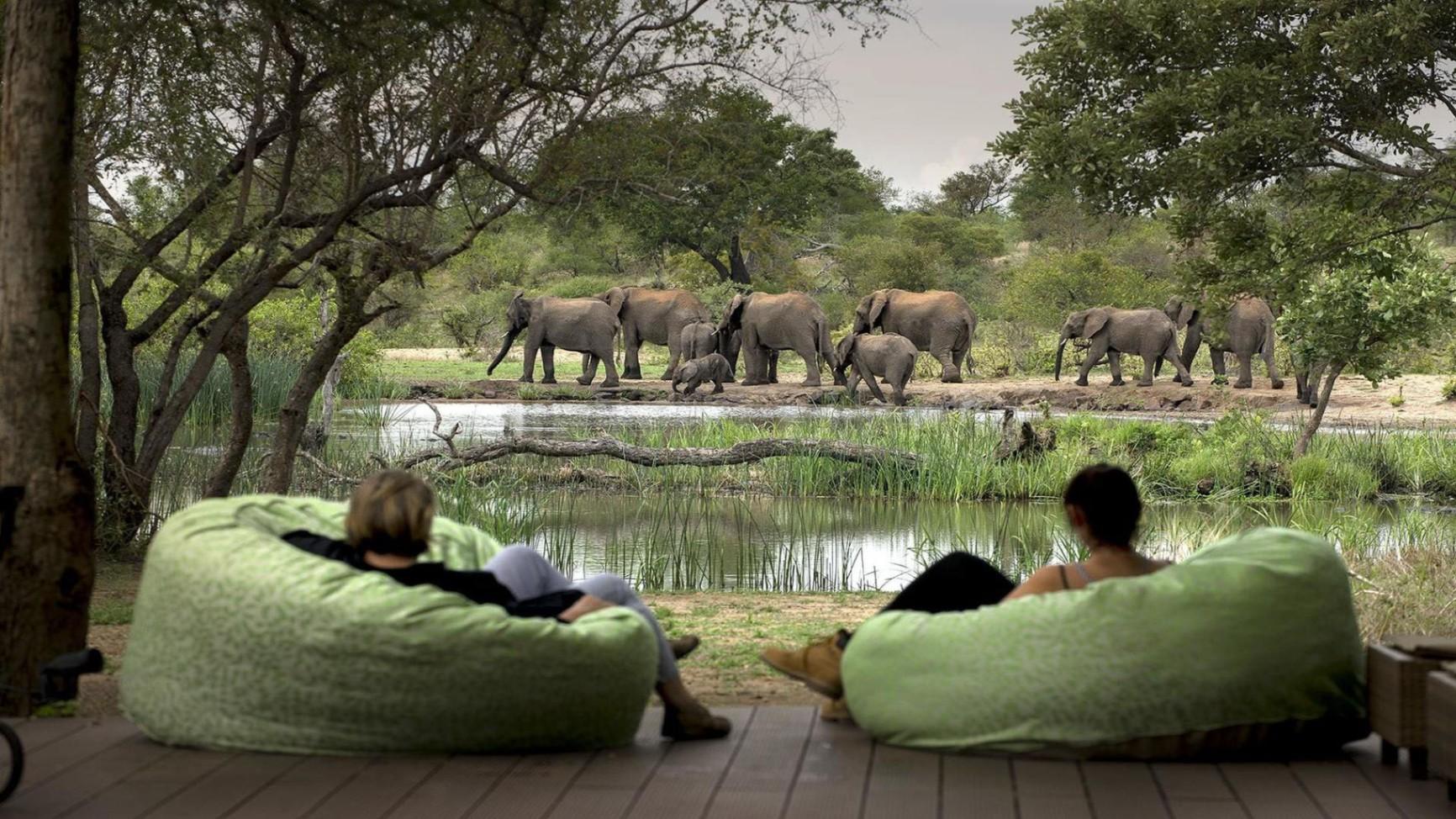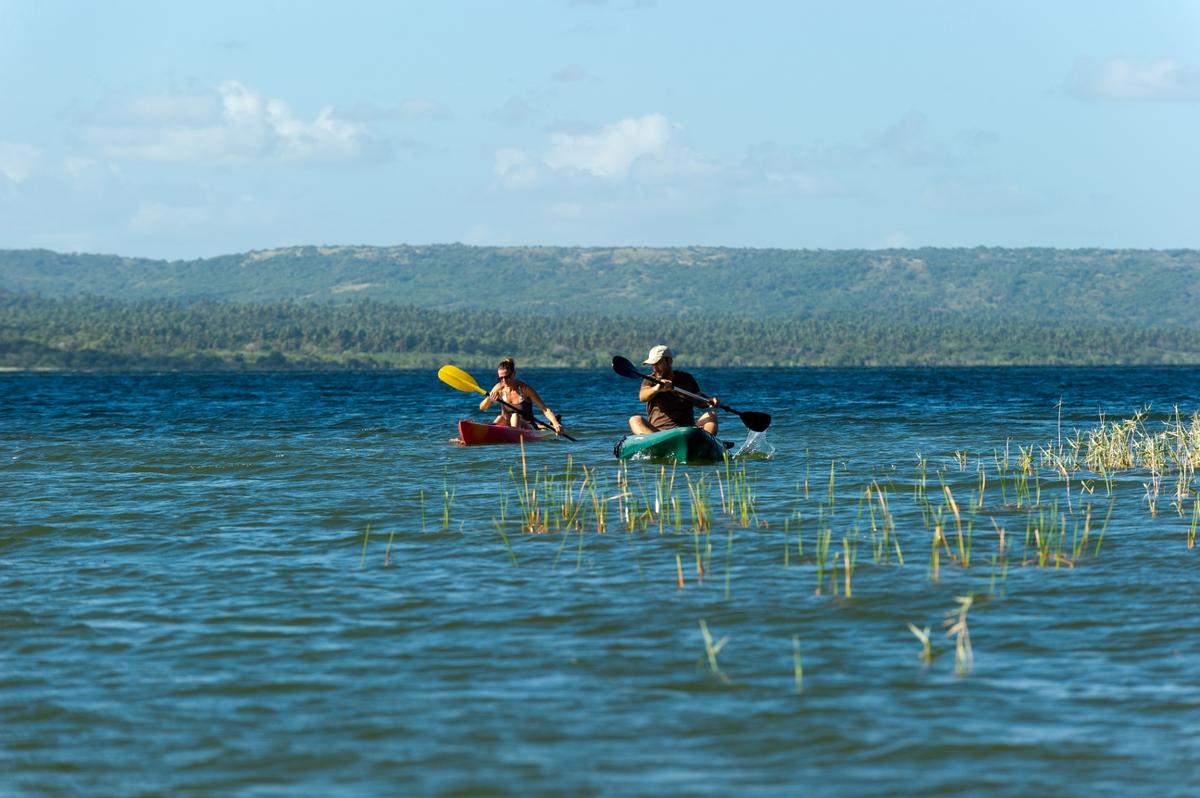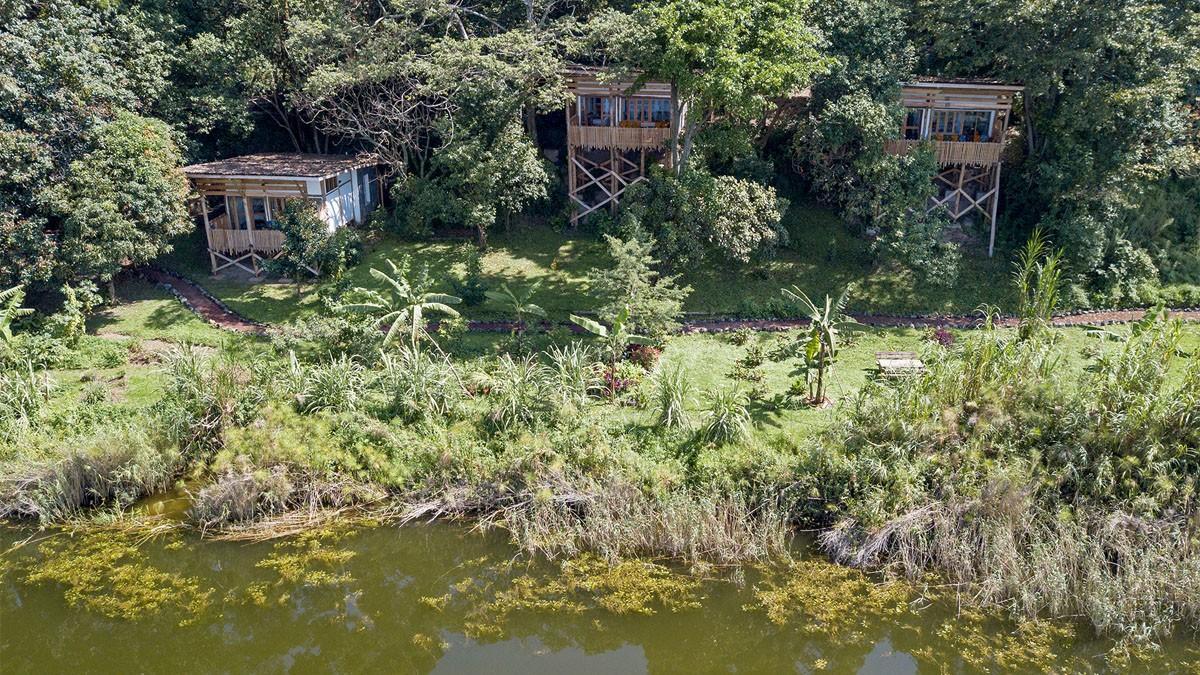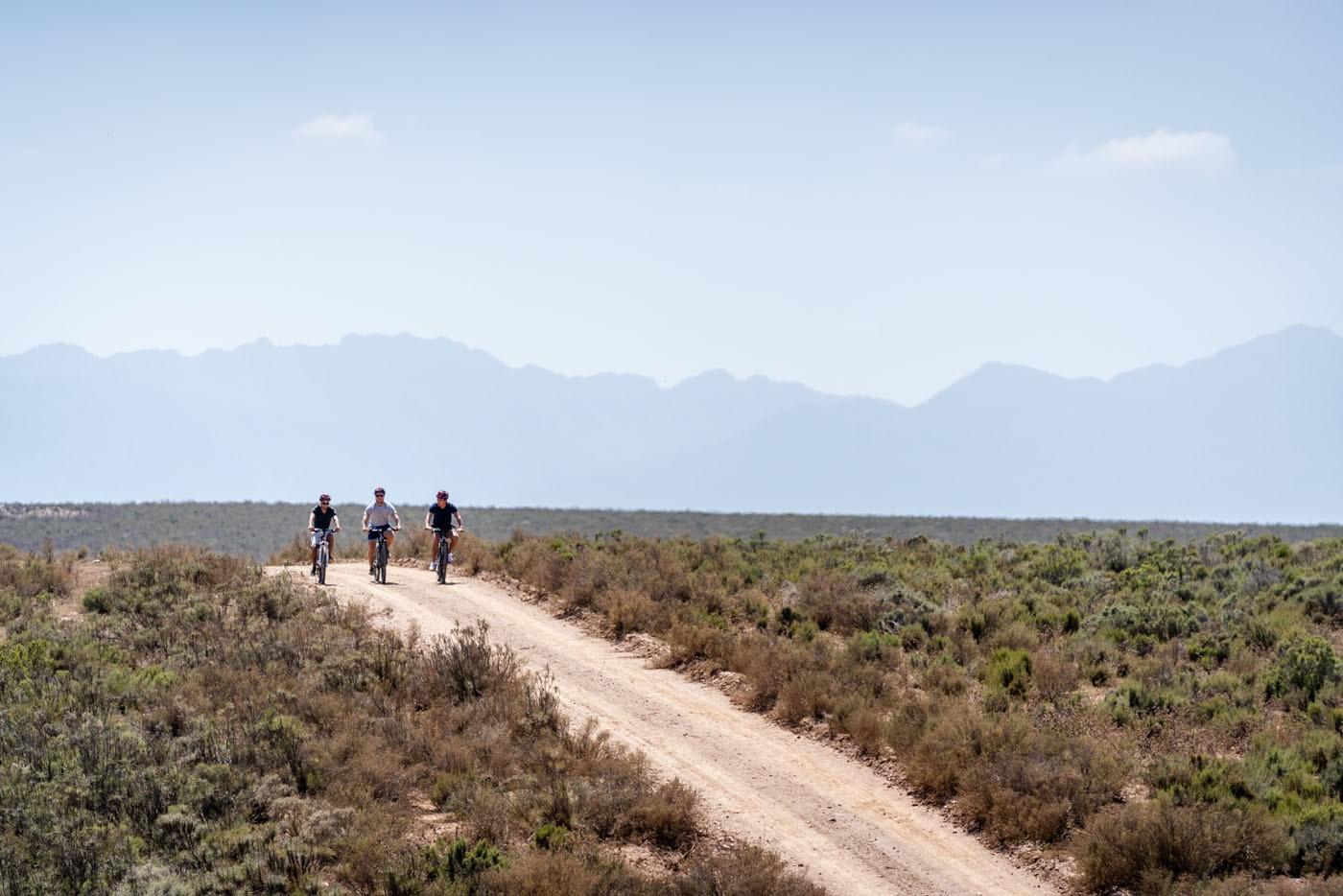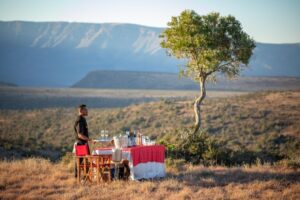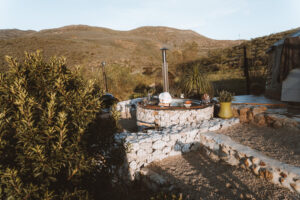When you plan a holiday, how often do you think about the impact of your decision on the environment or surrounding communities? Do you ever wonder how sustainable the accommodation is or what portion of the revenue flows back into the local community? Do you go as far to think about whether your travel choice will have a harmful impact on the environment, its people and wildlife? Our lives are moving at such a rapid pace. It’s becoming increasingly harder to slow down, take time to relax and enjoy being in the moment. Even though we plan long holidays, these are jam packed and geared towards fitting in as much as possible. How often do you need a holiday after your holiday? We don’t realize how much stress we put ourselves and the environment under with this ‘go go go’ travel mentality. For a holiday to be meaningful and relaxing, we need to adopt a sustainability mindset and plan according to what is beneficial as well as enjoyable. Sustainable travel has become a bit of a buzz word and it can become confusing as to what this actually entails. We want to encourage travellers to plan their trips and travel with care. Here are a couple of suggestions to do just that.
Slow holidays are good holidays. Rather than rushing from place to place, plan to stay at one destination for a longer time. By doing so, you will give yourself the opportunity to immerse yourself into the experience, learn more from your environment and give yourself time to relax. You will also be reducing the amount of emissions generated by travelling between multiple destinations. So, stay longer and try to get the most out of your stay whilst creating a deeper connection with it.
Be a little more mindful when planning your holiday. Do your best to beat the crowds and find those places that are off the beaten track. Try something new, discover different cultures and places of raw beauty. Most importantly, support places to stay that are making genuine efforts to contribute positively to the environment. You should look into how things are implemented on the ground and if the business and its people are operating responsibly from a nature and community perspective. Make an effort to engage with locals by eating and shopping locally, as well as talking to them. Remember to be respectful of the community and the sites you visit.
Understand and reduce your carbon footprint. There are many ways to reduce your carbon footprint when travelling. The one that we like best is to minimize your travel time and explore locally. This uses less fuel and helps cut down carbon emissions, plus it supports local communities and enterprises. However, as mentioned in our ‘why ecotourism’ blog post – conservation is reliant on ecotourism so we don’t want to lose it altogether. That is why we strongly encourage guests to be mindful of their impact and if they are going to fly or travel a long distance, have a good reason to do so. Supporting conservation is a good and important reason.
Use trusted platforms to book your travel. Don’t only believe what you see on social media. Careless posting and booking platforms can often be misleading and limited in providing the right information. Make sure you book your travel through trusted platforms that have your best interest and the interest of the environment at heart. You can also play your part in encouraging responsible tourism by leaving reviews on reputable platforms if you had had a good experience.
Be respectful, always. This needs to be fundamental to the way you interact with people and nature when you travel. The key to do this is to experience local cultures, wildlife and wild areas without interfering or exploiting the area. Understand where you are as each destination or experience has vastly different etiquette requirements and norms – and always follow the published rules and regulations, including visitor guidelines

